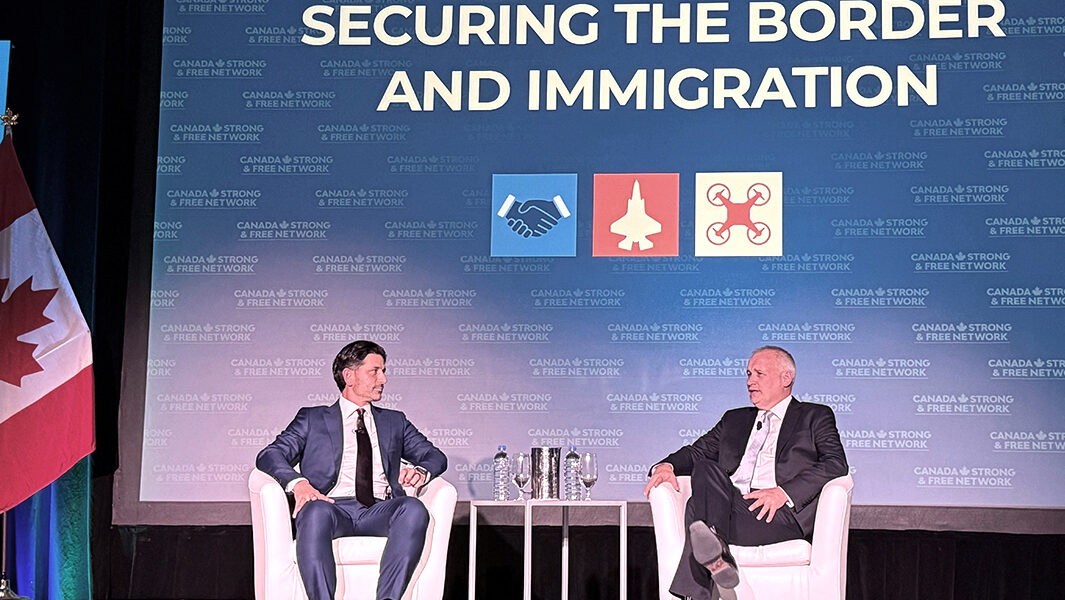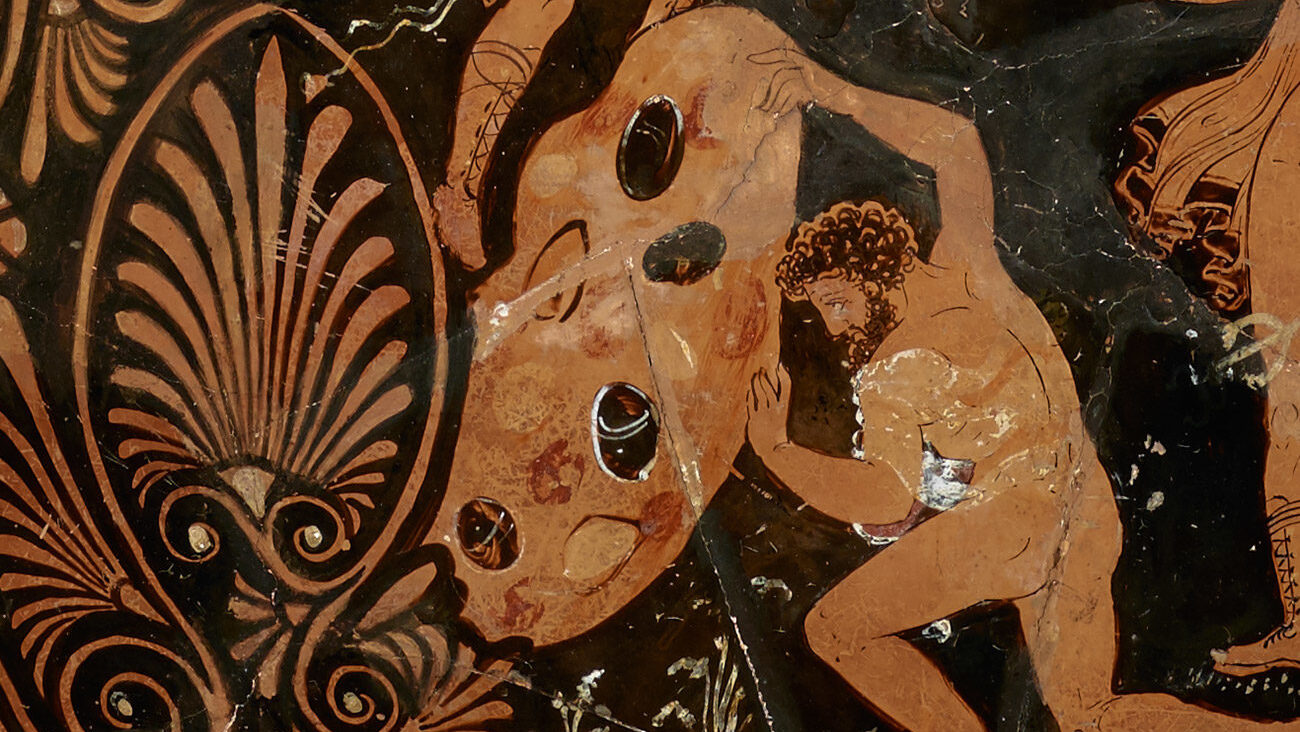That is why a perceived retreat in press freedom is noticeable and regrettable, at least for Estonians.
As always, leading the Press Freedom Index of 180 states are the usual Scandinavian and Northern countries: Norway, 1; Finland,2; Denmark,3; Sweden, 4.
Pertinent comparisons. Estonia, 14. The country which was also recognized as rapidly adopting Western values and system of governing – Slovenia, 32. Our Baltic neighbours with similar histories – Latvia, 22; Lithuania, 28. Other countries recovering from Soviet domination – Slovakia, 33; Romania, 48; Croatia, 59; Ukraine, 96.
Estonia’s linguistic cousin saddled with a government that is steadily seizing control of the press – Hungary 89. (One must note that leading members of Estonia’s political party, EKRE, have been known to praise Hungary’s anti-European Union, ultra-nationalistic, internationally insular, and other positions.)
A country whose press thrives on government sponsored propaganda – Russia, 143. Countries with sizable communities of descendants of Estonian WWII refugees: Canada, 16; U.K., 35, U.S.A., 45. Dead last with a press showing no vital signs – Cuba, 171; China, 177; North Korea, 180.
The Index’s compilers observations were based on three main negative developments in Estonia:
a) EKRE’s verbal attacks against journalists were so intensive, that the President took the unusual step to comment.
b) Journalists were also subjected to undue pressure at a prominent news operation, Postimees. It was evident that the new owner of the newspaper was attempting to force writers and editors to advance his personal conservative viewpoints and promote his other non-media businesses. As a result Reporters Without Borders (RSF) notes is that most of Postimees’s opinion writers and investigative journalists resigned from the newspaper.
Estonia suspended the local editorial activities of the Russia-based, Kremlin-loyal news agency Sputnik. RSF stated that the Estonian government’s decision was made in conjunction with the European Union’s enforcement of sanctions against Sputnik’s owner. Thereafter, RSF observes, the Russian government launched a worldwide campaign accusing Estonia of oppressing Russian media.
Estonian critics of RSF regarding restricting Sputnik’s editorial activities point out that the Estonian government had to weigh unrestricted press freedom against the country’s obligation to abide by promises to enforce sanctions against specific Russian-owned businesses. These sanctions included the ownership of the Sputnik operation. But it was inevitable that by Estonia messing with the Russian intelligence-controlled editorial activities in Estonia, the RSF would still favour a pluralistic and unrestrained media in spite of Sputnik’s obvious mission.
The US was downgraded from a ‘satisfactory’ to a ‘problematic’ category (ranked 45). RSF has reasoned that the White House’s anti-press diatribes have eliminated the US as being the world champion of press freedom. The RSF analysts have previously stated that the US president has “exacerbated” press freedom problems by repeatedly declaring that journalists are the “enemy of the people”, accusing them of producing “fake news”. He called for the revoking of broadcasting licenses and blocked specific news outlets from access to the White House.
Last year the RSF escribed the situation in 2018: “Never before have US journalists been subjected to so many death threats or turned so often to private security firms for protection.” Even though assaults against journalists in the last few years decreased slightly for 2019, the RSF sees this public hostility towards the press deriving from the president’s continued denigration and harassment of journalists. Through his intimidating anti-press opinions, he and his associates have emboldened others to act violently. This rhetoric coming from the highest office is bound to have some influence on his acolytes and impressionable followers.
Why mention this if we look at Estonia’s downgraded position in the Index? There is a parallel, that some would call rather tenuous. While EKRE’s openly-expressed opinion about the “established” media has not resulted in any anti-journalist violence nor restrictions of press freedom and hasn’t been as intimidating as the White House’s verbal assaults, it is still somewhat related – a pathological distrust of the media’s ‘hidden’ motives.
It would be naive to expect journalists to be totally objective, unbiased and without any ideological orientation. It’s equally simplistic to expect the RSF’s evaluations to be an impartial and totally accurate reflection of the actual circumstances that a country’s media enjoys or suffers.
But in a liberal, democratic society, the media is supposed to be a safeguard against tyranny, dishonesty and bogus government activities. It should have reasonable freedom to expose and oppose. Any intimidation or disparagement of journalists because they disagree or criticize is unacceptable. An imperfect RSF is ultimately indispensable.
(More on this in a future issue.)
Laas Leivat, Toronto



